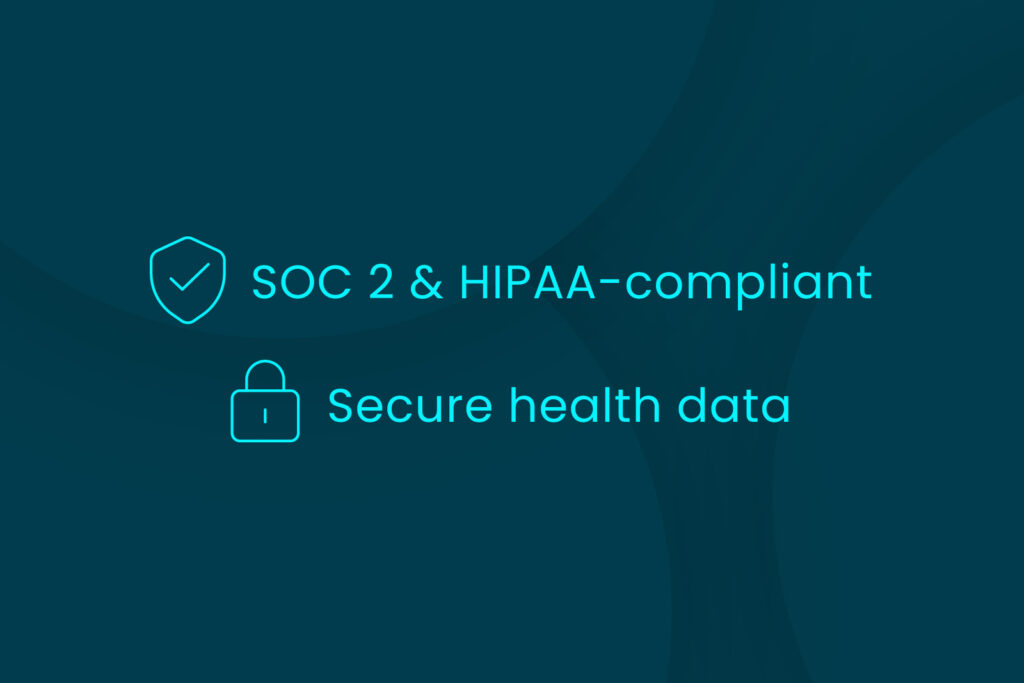
Tackling Holiday Stress: Understanding Increased Cortisol Levels and How to Manage Them
INTRODUCTION
The holiday season, known for its festive cheer and celebration, can also bring about a surge in stress levels. This increased stress often triggers the release of cortisol, our body’s primary stress hormone. In this blog, we’ll delve into the connection between the holidays, elevated cortisol levels, and effective strategies for managing this seasonal stress.
Understanding Cortisol and Its Role
Cortisol, often referred to as the “stress hormone,” plays a crucial role in the body’s stress response system. It helps regulate various physiological functions, including blood pressure, immune response, and the body’s metabolism of glucose.
Why Cortisol Levels Rise During the Holidays
Several factors contribute to increased cortisol levels during the holiday season:
- Increased Demands: Holiday preparations, shopping, social commitments, and travel can create a sense of pressure, causing the body to release cortisol.
- Financial Stress: The costs associated with gift-giving, entertaining, and travel can strain your finances, leading to heightened stress.
- Family Dynamics: The holiday season often involves gatherings with family members, which can bring both joy and tension, further contributing to cortisol production.
- Overindulgence: Consuming large amounts of sugar, alcohol, and processed foods can affect blood sugar levels, prompting cortisol release.
The Impact of Elevated Cortisol Levels
While cortisol is essential for managing acute stress, chronic elevation of this hormone can have negative effects on your health, including:
- Immune System Suppression: High cortisol levels can weaken the immune system, making you more susceptible to illness.
- Weight Gain: Cortisol can lead to increased appetite and fat storage, potentially causing weight gain, especially around the abdomen.
- Blood Pressure: Elevated cortisol levels can raise blood pressure, increasing the risk of heart problems.
- Sleep Disturbances: Cortisol imbalances can disrupt sleep patterns, making it difficult to get a good night’s rest.
Coping with Elevated Cortisol Levels during the Holidays
- Practice Stress-Reduction Techniques: Incorporate relaxation techniques like deep breathing, meditation, or yoga into your daily routine to lower cortisol levels.
- Maintain a Healthy Diet: Aim for a balanced diet, emphasizing whole foods and limiting sugar and processed foods.
- Stay Active: Regular physical activity is an effective way to lower cortisol levels and boost mood.
- Set Realistic Expectations: Manage your holiday expectations and prioritize self-care and stress management.
- Establish Boundaries: Create boundaries to protect your well-being, including setting limits on your commitments and obligations.
- Seek Social Support: Connect with friends and loved ones for emotional support during the holiday season.
Conclusion
Elevated cortisol levels during the holidays are a common occurrence, but with a proactive approach to stress management, you can minimize the negative impact on your health. By practicing relaxation techniques, maintaining a healthy lifestyle, and setting realistic expectations, you can ensure a more balanced and enjoyable holiday season. See where your cortisol levels are at today with MLD’s Stress Level Test Kit. Remember that the holidays should be a time of joy and connection, not excessive stress and health concerns.







